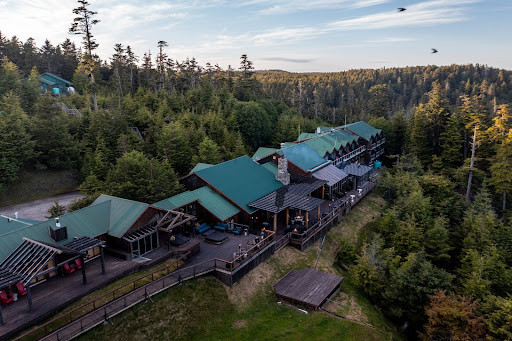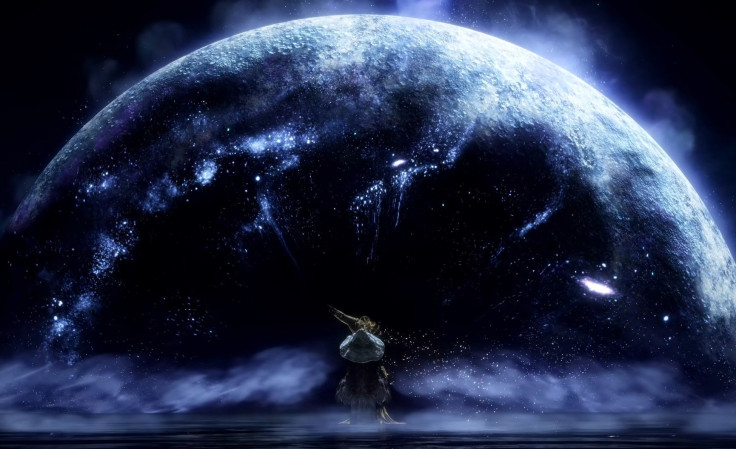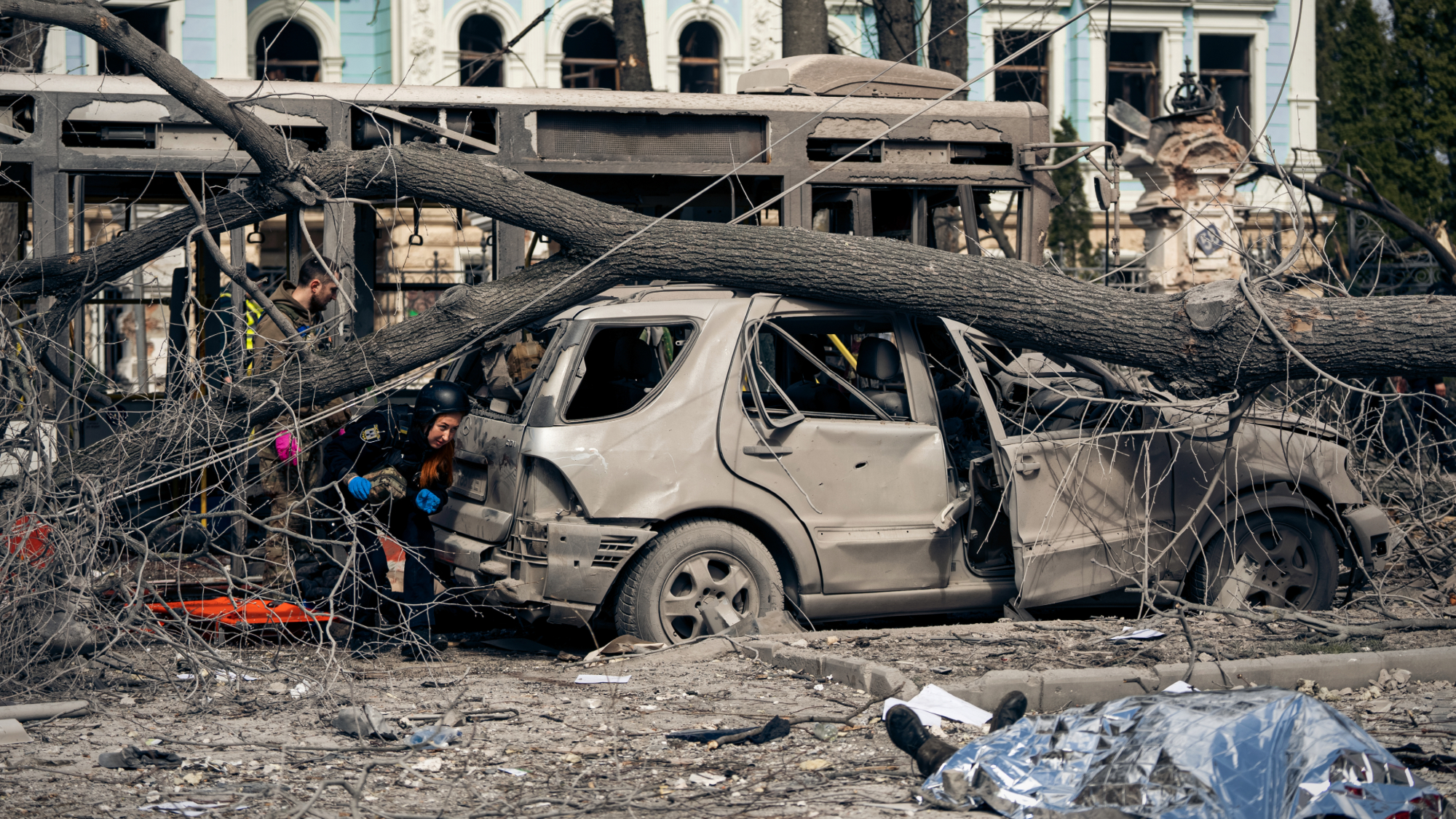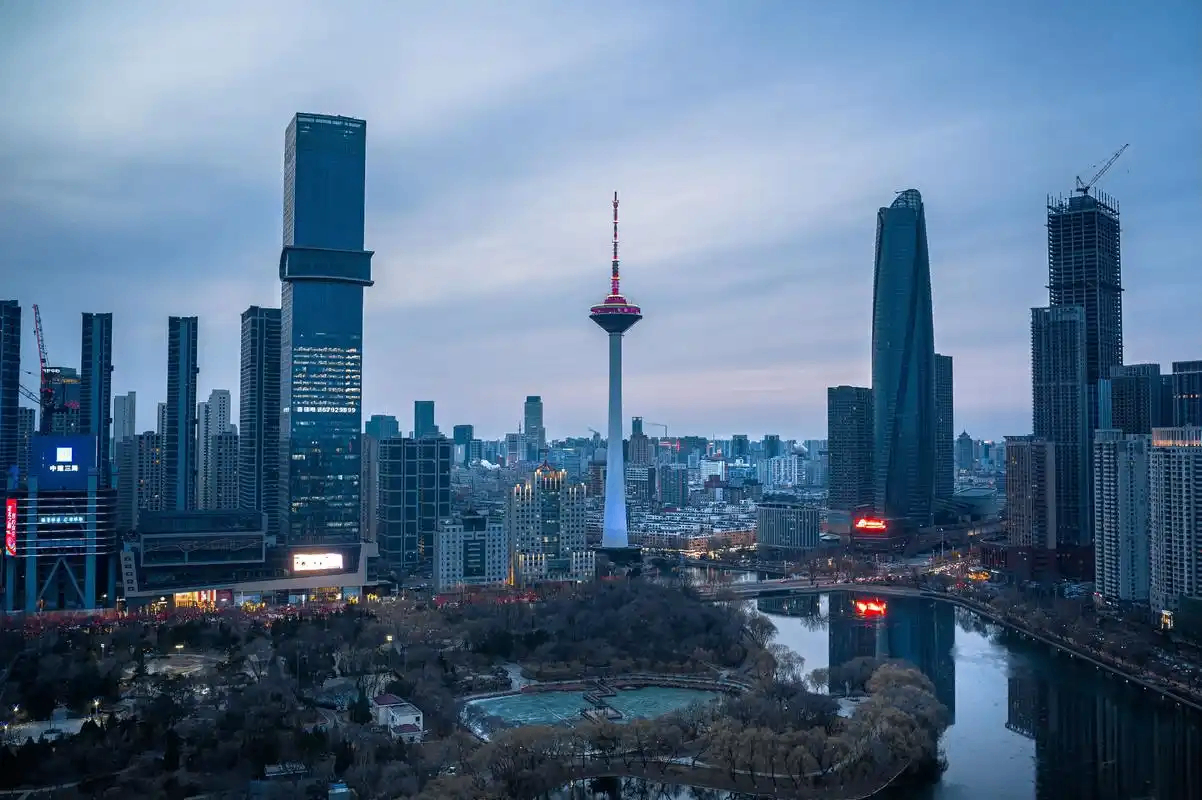Oliver Stone is a filmmaker of great contradiction. On one hand, he is an immensely talented individual, having made some of the greatest war movies and musical biopics of the 20th Century. On the other hand, he’s flirted with controversy throughout his entire life. His geopolitical views, which are regularly front and centre in his pictures, have often clashed with perceived good taste. It’s hard to hold those two views of the man at the same time, but his objective ability behind the camera cannot be questioned.
After his career in the military, Stone cut his teeth writing the screenplays for Midnight Express and Scarface. He broke through as a director with Platoon in 1986, which won both ‘Best Picture’ and ‘Best Director’ at the Oscars. For Stone, this was a chance to express himself fully as a filmmaker, to flex his creative muscles, and to put into practice everything he’d learned from his idols.
The auteur discussed some of his filmmaking heroes with Filmmaker’s Diary, as part of a larger conversation about his movie JFK. “I was very influenced by Bertolucci,” he said (via Truthout) “Every time I made a movie in those days I looked at 1900 over and over because I think it’s one of the most beautifully shot films… Bertolucci was my hero. Not just 1900, but The Conformist, too. There are some incredibly complex shots in both pictures, really well thought out. And the shooting on JFK became very complex, too.”
Bernardo Bertolucci was an Italian filmmaker whose works regularly appear on lists of the greatest movies ever made. He also contributed part of the story to Sergio Leone’s Once Upon a Time in the West. Perhaps his most famous solo picture is 1987’s The Last Emperor, a biopic of the Chinese ruler Puyi, whose death led to the creation of the modern Chinese Republic. He won ‘Best Director’ at the Oscars just one years after Stone scooped the same prize, making the first Italian in history to be awarded that coveted gong.
As for the films Stone mentioned, 1900 is a gargantuan historical epic starring Robert De Niro, Gérard Depardieu, Dominique Sanda, Burt Lancaster, and more. Across its 247-minute runtime (originally 317 minutes), the film is set in Bertolucci’s home province in Italy. It covers the transformation the region went through following the country’s liberation from Mussolini and fascism. As well as being one of the longest commercially-released films of all time, it is also regarded as one of the most important Italian films ever made. Some viewers were critical of its insane length (naturally), but that problem was solved when distributors made the wise decision to release it in two parts in certain markets.
The cinematographer for 1900, the great Vittorio Storaro, also worked with Bertolucci on a previous project, The Conformist. Set during the Fascist regime’s rule, the film follows a man’s attempts to assassinate his rebellious old teacher, a plan which is complicated when he falls in love with his wife. The film was also a major influence on Francis Ford Coppola and his ‘Godfather’ trilogy.
With a hero like Bertolucci to follow, there was no chance Stone wasn’t going to make something of himself. Whilst the two are very different in many ways, keen-eyed viewers will be able to spot the Italian’s influence over his American admirer.
Popular News




Current News
Manufacturing

Collaboratively administrate empowered markets via plug-and-play networks. Dynamically procrastinate B2C users after installed base benefits. Dramatically visualize customer directed convergence without
Collaboratively administrate empowered markets via plug-and-play networks. Dynamically procrastinate B2C users after installed base benefits. Dramatically visualize customer directed convergence without revolutionary ROI.





About Us
Tech Photos























